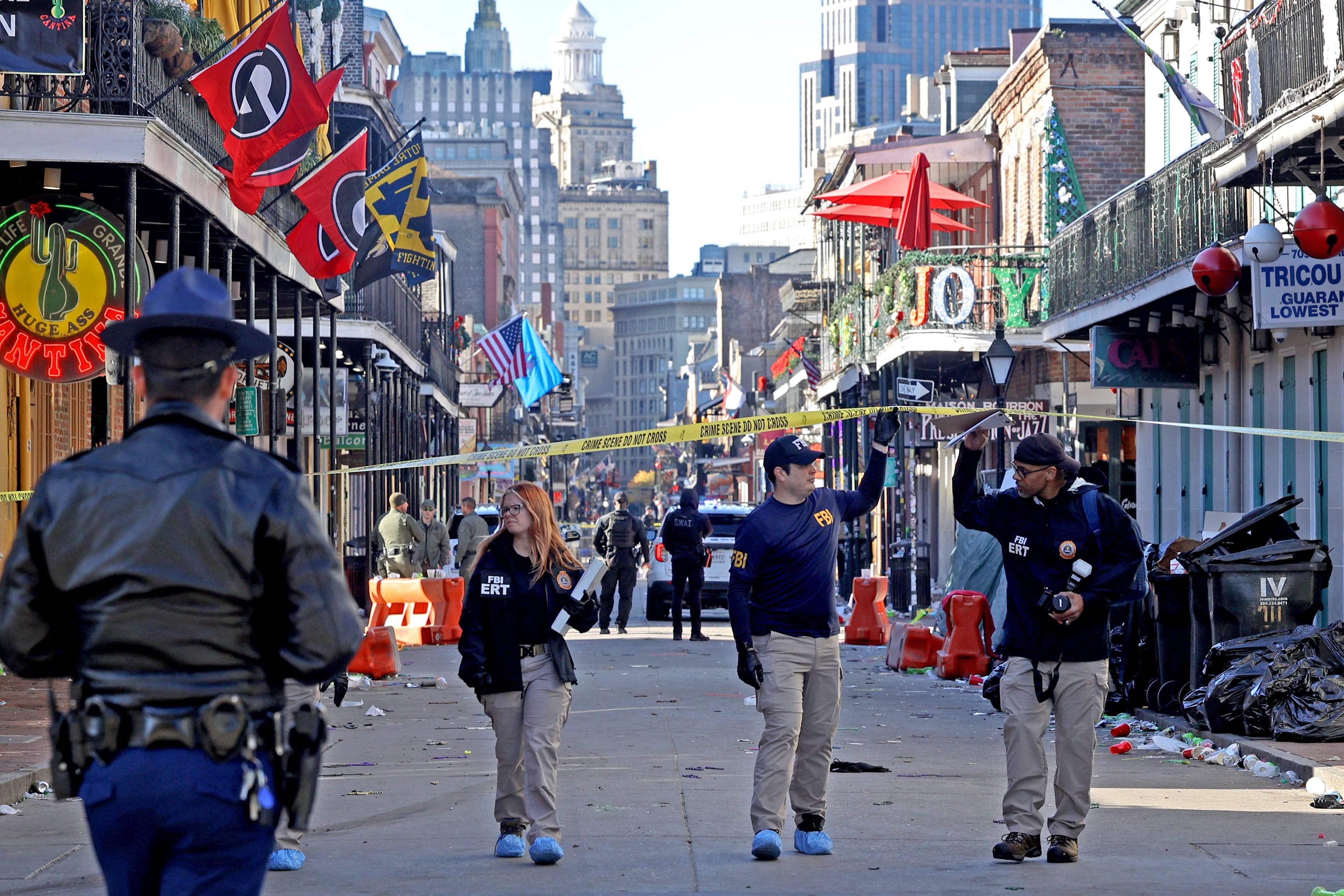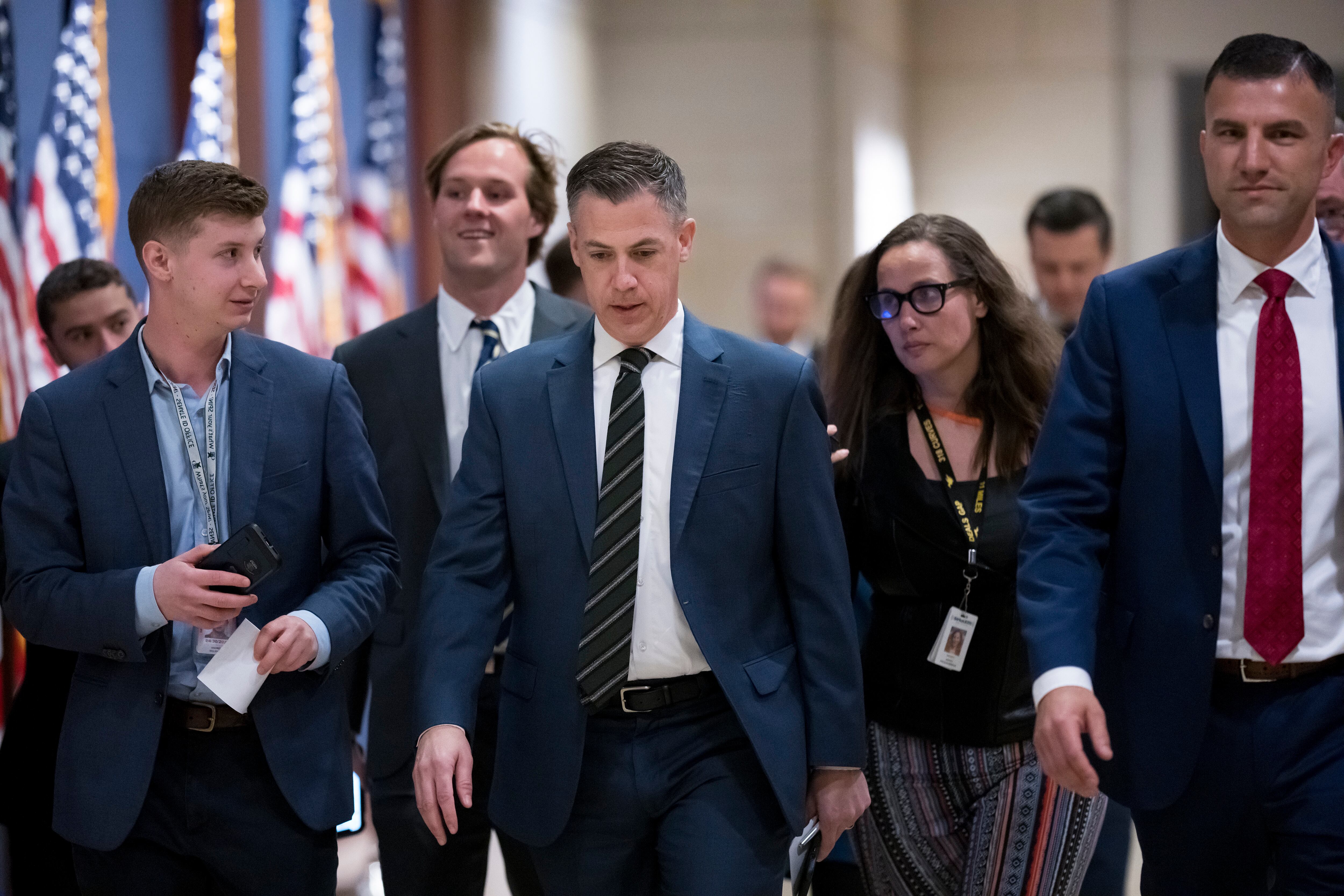One of America's wealthiest veterans credits his wartime service for the lessons that propelled him to the pinnacle of the financial world.
Gross, 71, now the lead portfolio manager at Janus Capital Group, spoke to Military Times about his service and legendary investment career. Answers have been edited for brevity.
Q. How did the military prepare you for your investment career?
A. Overall leadership and responsibility. Ultimately at PIMCO, I was in charge of a $2 trillion portfolio, which was the largest asset portfolio in the world from the standpoint of the bond market. Coming out of Duke [University] and heading into Pensacola with long hair that lasted 15 seconds, as I remember. Just being forced to grow up and ultimately be responsible for the 110 lives on the Diachenko . I wasn't the captain, but I stood watch frequently and was the chief engineer and took Navy SEALs into the beach and upriver. I had to quickly evolve from a college kid to a responsible ensign and lieutenant junior grade.
. I wasn't the captain, but I stood watch frequently and was the chief engineer and took Navy SEALs into the beach and upriver. I had to quickly evolve from a college kid to a responsible ensign and lieutenant junior grade.
Q. What was your biggest learning moment in uniform?
A. The biggest lesson was in terms of speaking up and clearly communicating. We were coming back from Vietnam in the center of the Pacific. I was on the mid-watch and had the deck and had the [conning officer]. I called the captain [about a tanker that was approaching 10 miles ahead]. It was 2:30 in the morning. So I called him and did the usual and said, "Call me back." I called him back in about 10 minutes. Because the tanker was getting closer and closer. Tankers just set it on automatic pilot. So Diachenko was the only ship that was in charge of the situation. It was down to about 2-and-a-half miles. The captain came up and he was in his skivvies because it was, like, 90 degrees. He plopped down in his chair and said, "This is Capt. Steed. I have the deck and I have the conn." So I assumed that he had the responsibility. It's dark up there and I'm looking at his back. The tanker gets closer and closer and closer. And finally, it basically almost cut us in half and passed at 25 meters astern. The captain woke up and screamed. I said, "It's a tanker, sir." He said, "Good God." The lesson learned there was never to assume authority was aware of the situation.
was the only ship that was in charge of the situation. It was down to about 2-and-a-half miles. The captain came up and he was in his skivvies because it was, like, 90 degrees. He plopped down in his chair and said, "This is Capt. Steed. I have the deck and I have the conn." So I assumed that he had the responsibility. It's dark up there and I'm looking at his back. The tanker gets closer and closer and closer. And finally, it basically almost cut us in half and passed at 25 meters astern. The captain woke up and screamed. I said, "It's a tanker, sir." He said, "Good God." The lesson learned there was never to assume authority was aware of the situation.
Q. What sorts of missions were you running in Vietnam on small boats?
A. The main mission in Vietnam was to survey the beaches, in terms of depths for what could potentially be a landing by Marines and other forces. We also carried a contingent of about 20 Navy SEALs and we would use one of the boats to go upriver or to go to the beach, a certain beach. The most interesting [SEAL mission] was the first one. Talk about initiated. I'm in charge of the boat and of course there's one or two enlisted people and 15 or 20 SEALs. We were heading into the beach. It was about 6:30 a.m. or something like that. There were a contingent of Vietnamese villagers on the beach, they turned out to be Vietcong. We offloaded the SEALs about 200 yards offshore and they headed into the beach. Among the villagers there, there was this lady that had a hat. As she took off her hat, and placed it over for chest, that was her signal to fire and for all hell to break loose. As they landed, there was action. I guess I was naive, I wouldn't have expected a group of villagers to be hostile. There was a firefight for about 40 minutes or so and my job was to sit there in the boat, the two enlisted and me. We weren't going to fire much from 200 yards offshore. It was a pretty critical initiation. It was an action that had a number of casualties, none to the SEALs.
Q. How did your job leading PIMCO compare to running a warship?
A. The Navy experience was a life or death type of situation in many cases. The financial markets are not life or death. But the tension and the day-to-day atmosphere in terms of fear, if you will. Fear is a good descriptive adjective of managing money. Even though it's not life or death, you are responsible for the lives of people in terms of retirement and their prosperity. And so there is tremendous tension and anxiety from both sides. I don't think I necessarily always did a great job in the Navy, but I learned from it. During Lehman Brothers when the world was collapsing [in September 2008], it was important — just like captain of the Diachenko — to walk the room and at least pretend to be calm and collected.
— to walk the room and at least pretend to be calm and collected.
Q. At PIMCO, some subordinates described you as overbearing. Do you agree with this or see this as a reflection of leadership tactics you learned in the service?
A. I remember the two captains I served with: Dale Shuster and Sam Steed. They could be described as overbearing. They yelled at me and I saluted and said, "Yes, sir." But I recognized they were responsible for me and for the lives of the sailors. I think my personality in general is pretty mild-mannered but in a command situation and you have to command. I do think the younger generation is not used to be told what to do or told what to do emphatically. I think there were times that I emphatically told people what to do, much like the captains told me to do. I think a big company can't be totally collegial. It has to be a command-dominated organization from top down. That's what the military is. Ultimately you have to be responsible to superior officers and that's what I tried to do it at PIMCO.
Q. What advice do you give veterans who are interested in a second career in investment management?
A. It's a responsibility much like being the in the military, where in this case, you're responsible for the appropriate allocation of funds on a global basis to help the common citizen prosper. … I would advise them to think about it more broadly. The lucrative portion is still going to be lucrative but it's not what it was.





